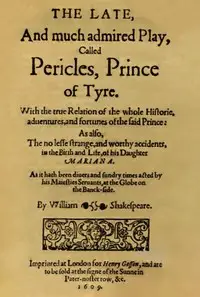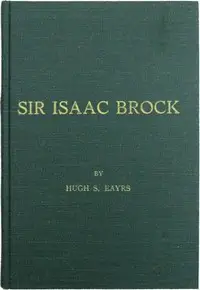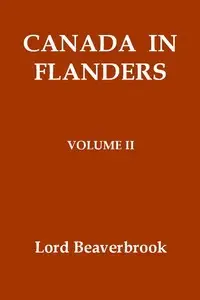"Titus Andronicus" by William Shakespeare is a sorrowful play likely crafted in the late 1500s, during the time of Queen Elizabeth. The story plunges into topics of getting even, fights for control, and the tricky connections between family and politics in old Rome. It all focuses on Titus Andronicus, a celebrated soldier who comes back home only to find his existence and loved ones trapped in endless acts of cruelty and treachery. The play opens amidst the strains between Saturninus and Bassianus, who are both fighting to become the next Emperor. Titus Andronicus is praised for his wins on the battlefield. We encounter this respected Roman as he mourns the loss of his dead sons and offers a sacrifice to honor them. His daughter, Lavinia, is deeply impacted by these intense happenings, hinting at the awful changes yet to come as the characters wrestle with retaliation and deadly violence. This introduction casts a dark shadow, hinting at the tragedy and moral decline to come, as readers prepare to explore the messy impacts of the characters' decisions.

Titus Andronicus
By William Shakespeare
In ancient Rome, a war hero's homecoming turns into a nightmarish saga of vengeance, betrayal, and unspeakable acts.
Summary
About the AuthorWilliam Shakespeare was an English playwright, poet and actor. He is widely regarded as the greatest writer in the English language and the world's pre-eminent dramatist. He is often called England's national poet and the "Bard of Avon". His extant works, including collaborations, consist of some 39 plays, 154 sonnets, three long narrative poems and a few other verses, some of uncertain authorship. His plays have been translated into every major living language and are performed more often than those of any other playwright. Shakespeare remains arguably the most influential writer in the English language, and his works continue to be studied and reinterpreted.
William Shakespeare was an English playwright, poet and actor. He is widely regarded as the greatest writer in the English language and the world's pre-eminent dramatist. He is often called England's national poet and the "Bard of Avon". His extant works, including collaborations, consist of some 39 plays, 154 sonnets, three long narrative poems and a few other verses, some of uncertain authorship. His plays have been translated into every major living language and are performed more often than those of any other playwright. Shakespeare remains arguably the most influential writer in the English language, and his works continue to be studied and reinterpreted.



















